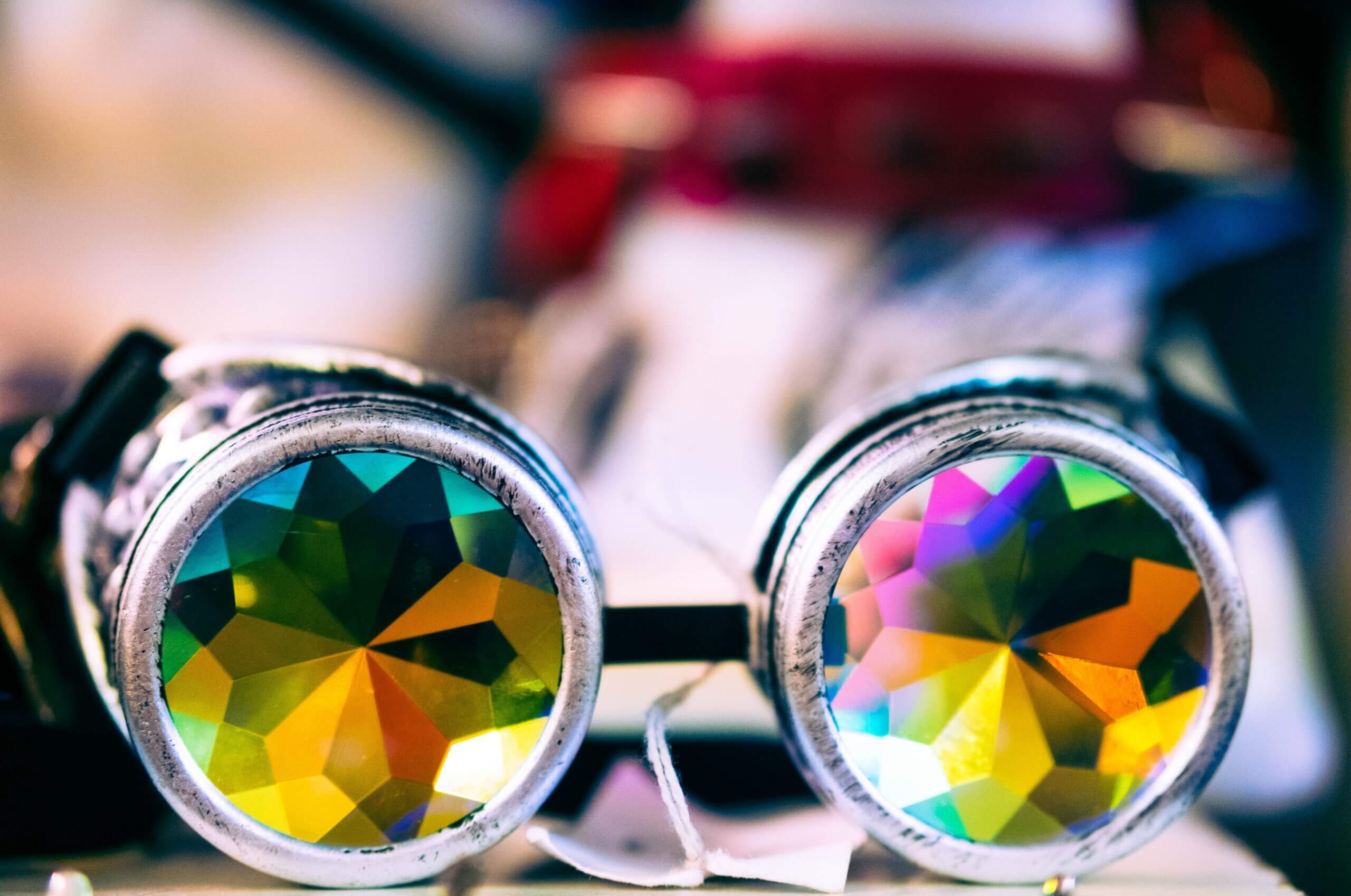
On the Way to Conception
My parents loved each other but it’s unlikely no one was harmed
on the long, broad path to my conception, and as for fidelity,
my mitochondrial DNA is British all the way to the damsel
du chambre of Queen Philippa, born in Tonbridge Castle,
mother unknown, fathered by Edward's ambidextrous favorite.
Some of my auxiliary genes marched with Strongbow,
in their sturdy separate packaging, then, centuries
hence, met again, more intimate, in colonial America,
then the Midwest, Irish mingling with Czechs and Swedes.
Lest that sound like incest jest, let’s confess:
we are all related in multiple ways, not just to each other
but the whole animal kingdom, to plants, to the expanding stars.
And it’s reductive to think fate and identity
is all DNA; some genes we turn
on and off with our behavior / actions / habits
and more than nature is nurture, still transmissible,
as even when not discussed aloud, we get a sense
of what happened before, inside the family walls
from what is unsaid; broken chains remember
each other in the dark, like healed vasectomies.
And there are so many kinds of cultural pedigrees,
histories, taxonomies, traditions, besides the family
tree: the org chart, the resume, the chain of mentoring,
and studies that build on studies and beget new studies,
books that talk to books of yore, and poems past.
Some, like tiny lost civilizations, fall out of fashion's favor,
disappear, to be dragged back later by archaeological inclination,
so it doesn’t matter that I never had children
(or if your children or theirs don't have children),
because we all leave our willful, indelible traces: kaleidoscopes
continually fluctuating; indestructible fractals of the universe.
Different Folks
When bullying first became a thing
talked about, a high school classmate
said to me well, we don't have to worry about you killing
yourself: you're too chicken.
She was not not right:
I used to run away from home
as far as the tree in the front of our yard,
although to be fair, our house
was set far from the street.
They say a third of us hang back from danger
like wary canaries who sense, yet don't succumb,
taking protective measures, free-riders, social
loafers; letting the rest rush in, dauntless,
not doing our fair share, and true:
I'd be a terrible firefighter or soldier,
and if I'd been Assigned Male at Birth,
there'd have been worse hell to pay.
But I did get away, first to college
and then the city; like they say now,
it all got a lot better.
That bully became a lawyer, and then a starlet’s
momager who loudly supports humanitarian causes.
Since then, a thousand times, I’ve encountered her clones,
though: no one knows exactly what makes anyone else the way
they are, myself reminds myself, the teacher who writes sad poems.